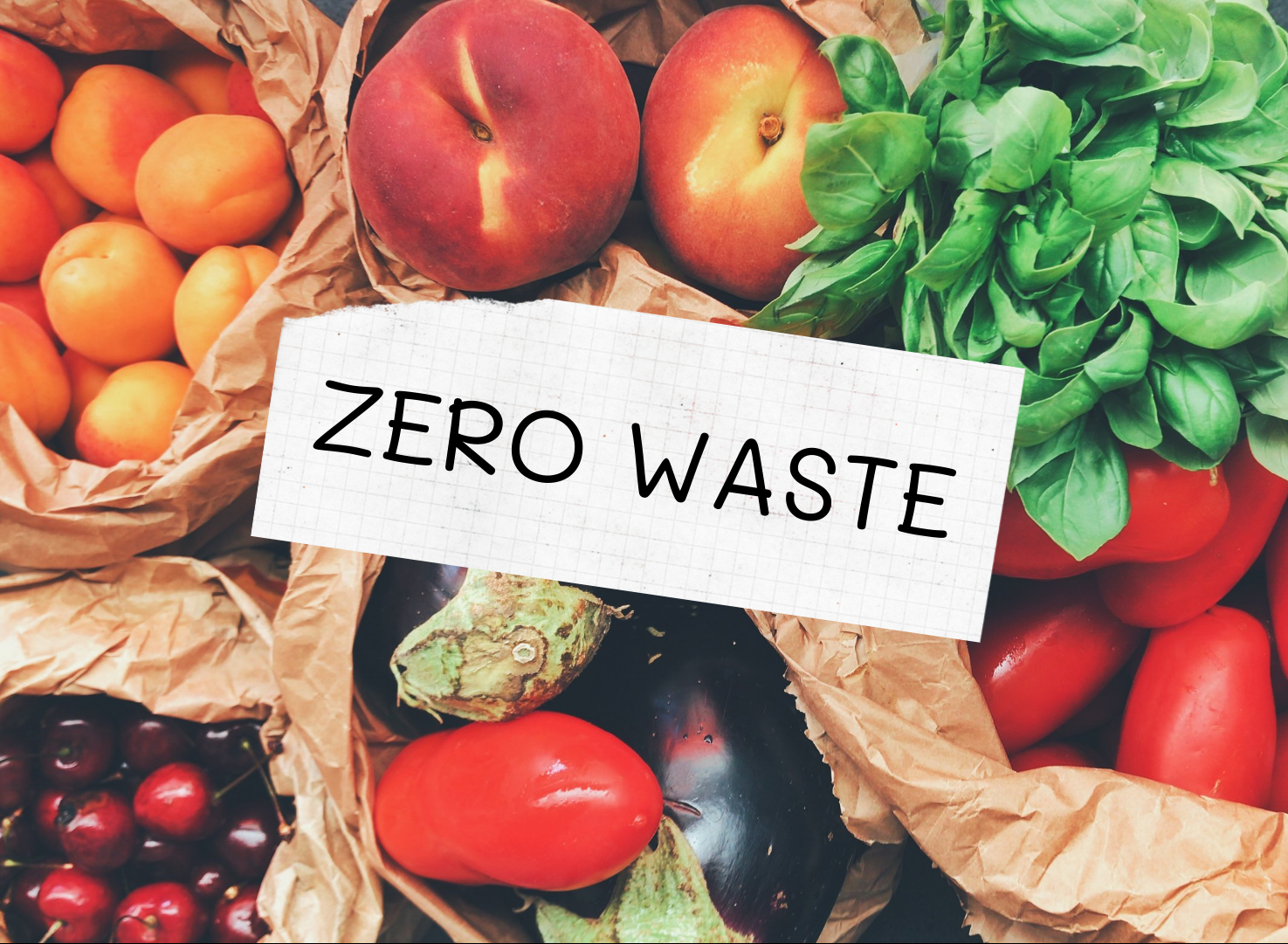
Introduction
Zero waste living is a lifestyle that aims to minimize waste generation and promote sustainable practices. By reducing, reusing, recycling, and composting, individuals and communities can significantly decrease their environmental footprint. This concept is gaining traction as individuals recognize the importance of conserving natural resources and mitigating climate change. In this article, we will explore the historical background, key concepts, benefits, strategies, implementation, case studies, trends, challenges, and future outlook of zero waste living.
Historical Background
The Zero Waste movement traces its roots back to the 1970s when environmentalists began questioning the traditional waste management system. Influential figures and organizations such as Bea Johnson, the author of “Zero Waste Home,” and the Zero Waste International Alliance have played instrumental roles in promoting this concept. Over the years, key milestones have been achieved, including the establishment of zero waste communities and the development of innovative waste reduction technologies.
Key Concepts and Definitions
Zero Waste is defined as a philosophy that encourages the redesign of resource life cycles, so all products are reused, recycled, or composted. It focuses on waste prevention rather than waste management. The core principles of Zero Waste include waste reduction, reuse, recycling, and composting. Waste reduction involves avoiding the generation of unnecessary waste by making conscious consumer choices. Reuse involves finding new purposes for products or materials, prolonging their lifespan. Recycling transforms waste into new products. Composting refers to the natural decomposition of organic materials, which can be used as nutrient-rich soil.
Main Discussion Points
Benefits of Zero Waste living
Zero Waste living offers numerous environmental benefits. By reducing waste, it minimizes the amount of waste sent to landfills or incinerators, thereby reducing greenhouse gas emissions and preserving natural resources. Additionally, it helps conserve energy and water. From an economic perspective, Zero Waste living can lead to cost savings through reduced waste management expenses. It also has the potential to create new job opportunities in recycling and composting industries. Socially, Zero Waste living fosters community engagement and resilience by encouraging collaboration and sharing resources.
Strategies for achieving Zero Waste living
The 5 R’s – Refuse, Reduce, Reuse, Recycle, Rot – provide a framework for implementing Zero Waste habits. Individuals can refuse single-use items and unnecessary packaging, reducing their waste generation. They can also reduce consumption by making conscious choices about what they purchase. Reusing products or finding creative ways to repurpose them extends their lifespan. Recycling ensures that waste materials are transformed into new products. Rot, or composting, allows organic waste to be returned to the earth as valuable nutrients. Sustainable product design and packaging are also critical in minimizing waste.
Implementing Zero Waste practices at different scales
Implementing Zero Waste practices starts at the individual level, where individuals can adopt habits such as carrying reusable bags and bottles, composting food waste, and participating in community recycling programs. Businesses and industries can also contribute to Zero Waste goals by adopting sustainable practices, such as redesigning products to be more easily recyclable or compostable. Furthermore, community-wide Zero Waste programs and policies, such as implementing mandatory recycling or composting programs, can drive collective waste reduction efforts.
Case Studies or Examples
Real-world examples of Zero Waste practices demonstrate the feasibility and positive outcomes of adopting this lifestyle. For instance, the city of San Francisco achieved an impressive 80% diversion rate from landfill through its ambitious Zero Waste program. Bea Johnson, through her book “Zero Waste Home,” has inspired countless individuals to adopt Zero Waste practices in their daily lives. These success stories showcase the challenges faced and the strategies employed to overcome them, ultimately leading to positive environmental impacts.
Current Trends or Developments
The promotion of Zero Waste living has witnessed various recent trends and developments. Innovative technologies, such as advanced recycling methods and composting systems, are emerging to support waste reduction efforts. Additionally, the rise of the sharing economy and the popularity of second-hand markets contribute to reducing consumption and waste generation. Furthermore, research findings continually shed light on the environmental and social impacts of waste, highlighting the urgency and relevance of Zero Waste initiatives.
Challenges or Controversies
Adopting Zero Waste practices comes with its own set of challenges and controversies. Common barriers include the lack of infrastructure for recycling and composting, limited access to affordable sustainable products, and resistance to behavioral change. There are also differing viewpoints and debates regarding waste management strategies. Controversies surrounding waste incineration, landfilling, and recycling processes remain subjects of ongoing discussions among experts and stakeholders.
Future Outlook
The Zero Waste movement shows promising potential for growth and continued impact. As individuals and communities become more aware of the environmental consequences of waste, the adoption of Zero Waste practices is likely to increase. Advancements in waste management technologies and practices will further support this movement. Government policies and regulations can play a crucial role in promoting Zero Waste living by incentivizing sustainable practices and implementing comprehensive waste reduction strategies.
Conclusion
Zero Waste living is an essential aspect of sustainable development and environmental conservation. By embracing waste reduction, reuse, recycling, and composting, individuals and communities can significantly contribute to mitigating climate change and preserving natural resources. The benefits of Zero Waste living extend beyond environmental aspects, encompassing economic and social dimensions. It is imperative that we take action and adopt Zero Waste practices in our daily lives to create a more sustainable future for generations to come.
References
- Zero Waste International Alliance. (n.d.). Retrieved from http://zwia.org/
- Johnson, B. (2013). Zero Waste Home: The Ultimate Guide to Simplifying Your Life by Reducing Your Waste. Scribner.
- San Francisco Zero Waste. (n.d.). Retrieved from https://sfenvironment.org/zero-waste